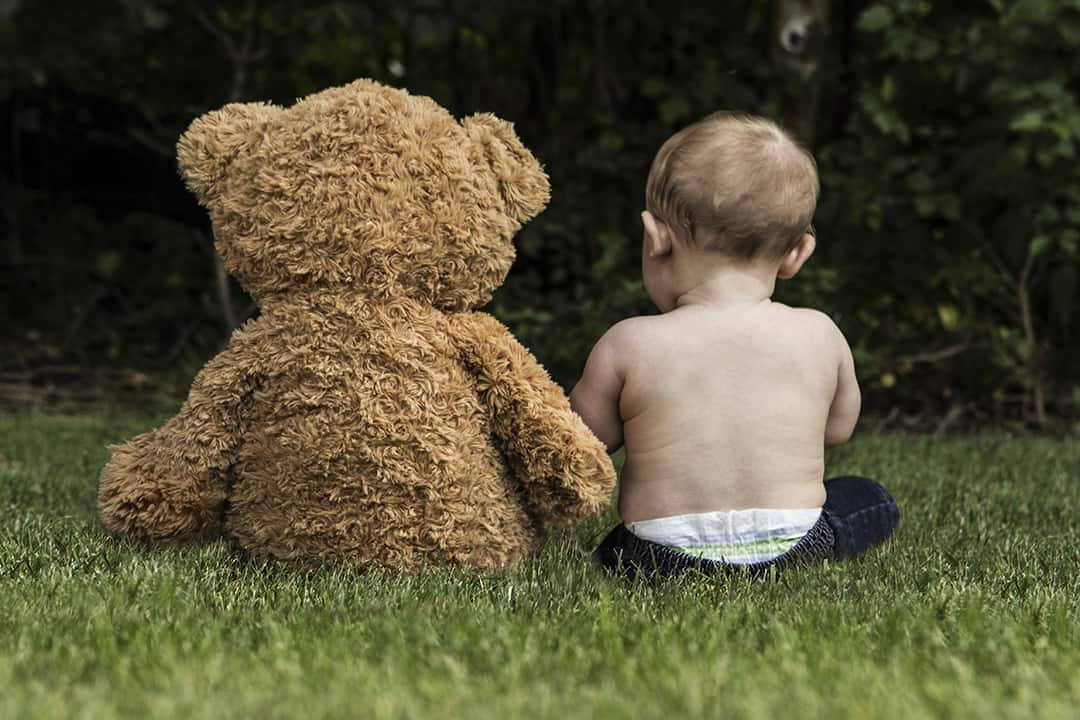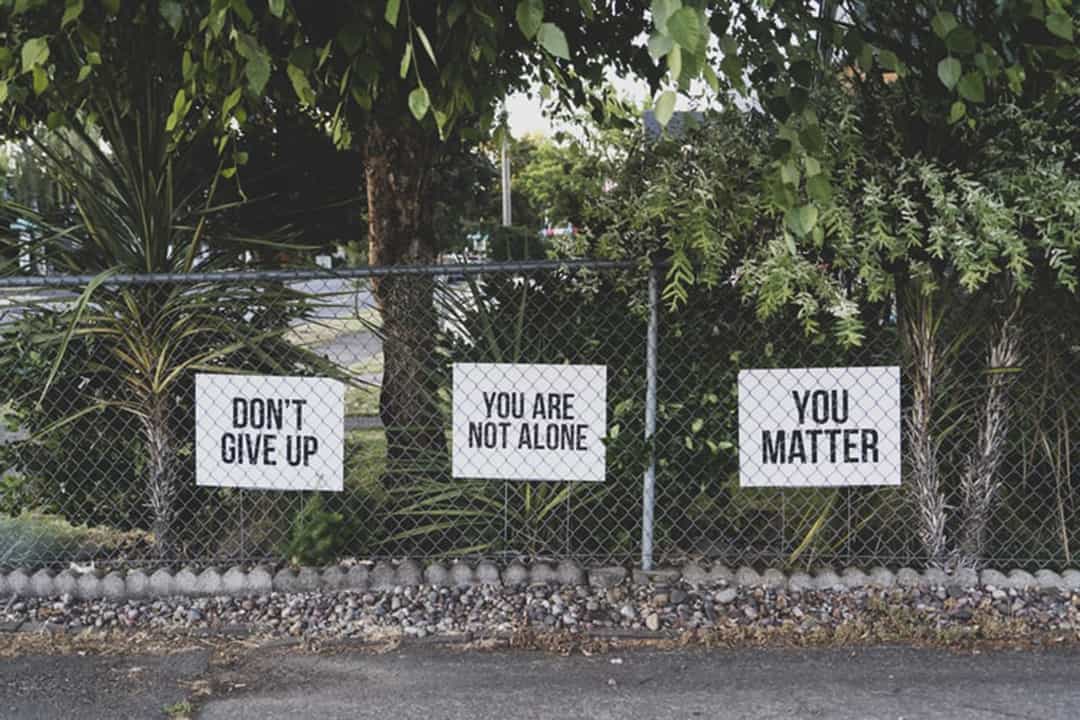When does recovery start?
Please find some baby photos of yourself, make yourself comfortable and let’s get started.
With poor mental health, it sometimes feels like a huge battle to hold onto hope. With depression, that numbness and apathy that can take over a person can be so intense that we forget that we ever felt true joy, that we ever laughed carefree and felt truly energised and alive.
Depending on our experiences, we might not remember the last time we walked down the road without our heart racing and our hands shaking, or the last time our mind felt peacefully quiet or free of worries/intrusive thoughts, or the last time we ate a meal and truly enjoyed it without feeling a sense of regret or shame afterwards.
It can be so hard to remember our best memories of a time when our mental health was better, and if this is hard for someone who has had a relatively short but intense struggle with their mental health it must be even harder for those who have been diagnosed/ experienced poor mental health from a young age.
Recovery itself implies a return to a time that was better and for many there may not be a reference point in the past to identify as a state they wish to return to. Regardless of the specific details, hope that recovery is possible is key to actually making a recovery, and so bearing in mind the definition of recovery as “a return to a normal state of health, mind, or strength”, what is normal? What should we seek to return to? There’s not one answer for all and sometimes we can return changed from experience/s.

Now is the time to look at our baby photos. Take as long as needed. Notice the eyes lit up, the innocence and purity. The unconditional love for others, sense of wonder and excitement at the most mundane of things. The way you allowed others to support you when you needed it, without any sense of pride or reservation.
There’s an understanding in Islam that all children are born with the same pure nature that Allah SWT calls us to maintain throughout our lives. As the Prophet ﷺ said:
“The mother of every person gives him birth according to his true nature (Fitrah)”
[Muslim]
Research on Islamic psychology by Rothman et al 2018 found that participants agreed that psychological problems were a symptom of the ‘misalignment with Fitrah’. A quote from this research said, “your psychological state has to be harmonious, your psyche, your mind… has to be harmonious with your fitrah”.

One might disagree that returning to our childhood state is the state truly intended when speaking of Fitrah, believing that children are self-centred on their own needs. However, research has shown that children empathise deeply even to the extent that a baby will start crying when it hears another baby cry. It feels the distress and can’t distinguish its own feelings from those of others and in this sense, babies can have a sense of individual identity.
We will be focusing on how identity and recovery is related next week.
But why is this relevant in the mental health context? So many of the issues we face can stem from forgetting our true nature – issues surrounding low self-esteem and lack of hope of recovery can be centred around a very poor view of oneself and one’s nature.
It is hard to recover if our view of ourselves is essentially flawed or bad. Remembering that you, your soul, in its purest essence is good, even when making unfortunate decisions and no matter how one feels can be comforting. Allah SWT made us good, to worship Him alone and doesn’t want us to be in pain. We will not be given more than we can bear and He wants us to maintain that beautiful pure state of the soul you had when you were born. Nevertheless experiences may stain us but returning to Fitrah, back to Allah (through correct means) no matter what occurs, could be a good idea of learning what recovery really is.

So, when does recovery start?
We asked you on social media and these are some of your responses:
“Realising that no one is perfect. Being truly comfortable with your own company. Loving and accepting your “flaws””
“Accepting you need help and taking the steps to get there”
“It is an ongoing process and it can be concurrent with suffering”
“The moment we acknowledge there’s something to heal”
The theme that came up the most is acceptance and really the link between acceptance and submission feels so clear. Perhaps that’s the best start to recovery: accepting ourselves, truly understanding and accepting our Fitrah, and knowing that recovery isn’t just a return to our Fitrah but one of the intentions Allah SWT has for our lives is that we return to our Fitrah and that life itself is a recovery journey from the second we are born.
Big thanks to all those who answered our questions on Instagram, we are building a great community of compassionate individuals and we encourage you to join us by following us on social media!




